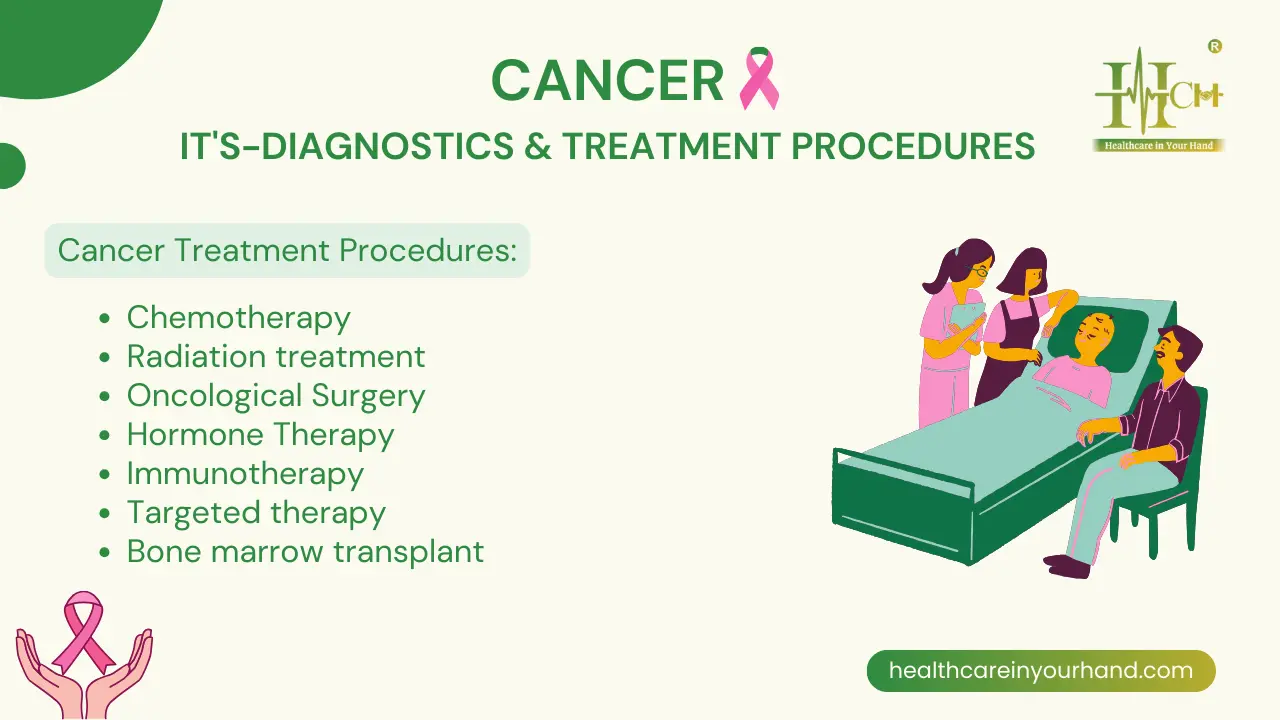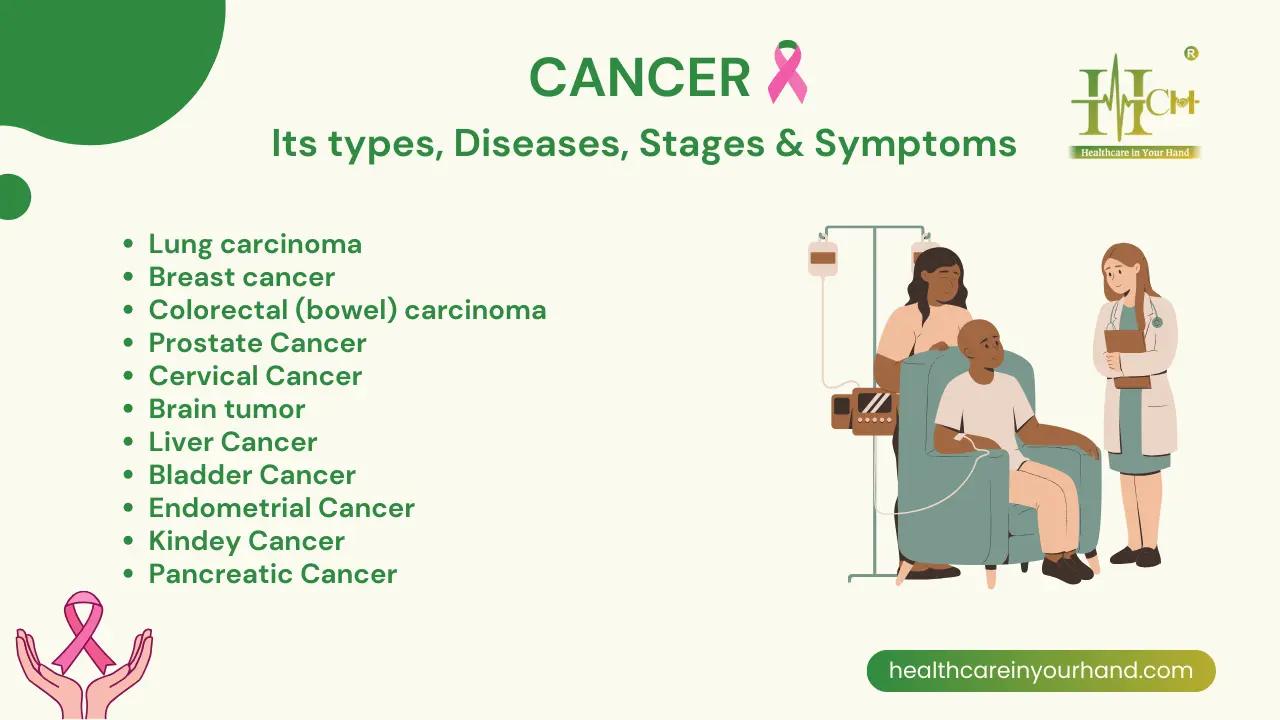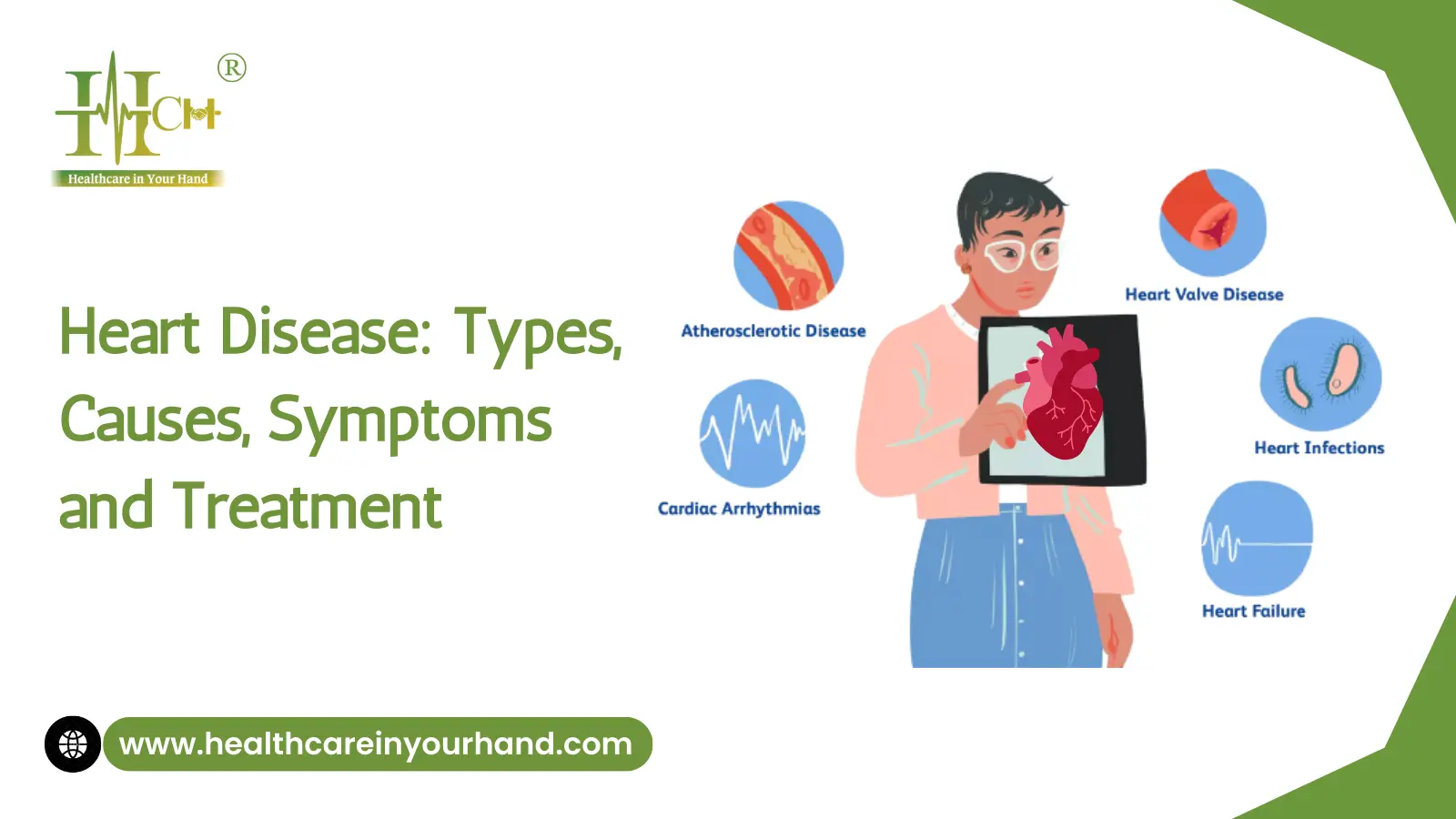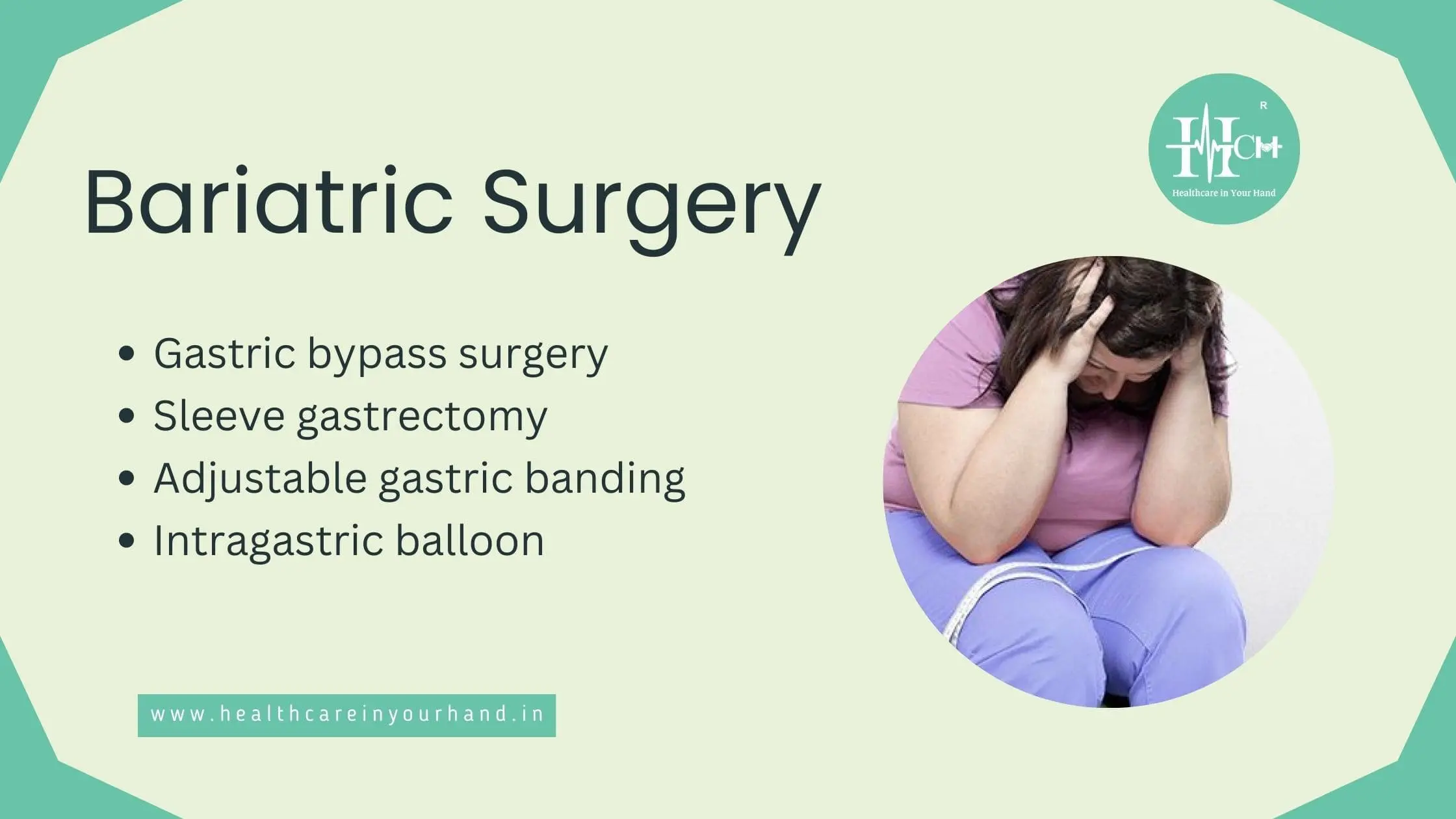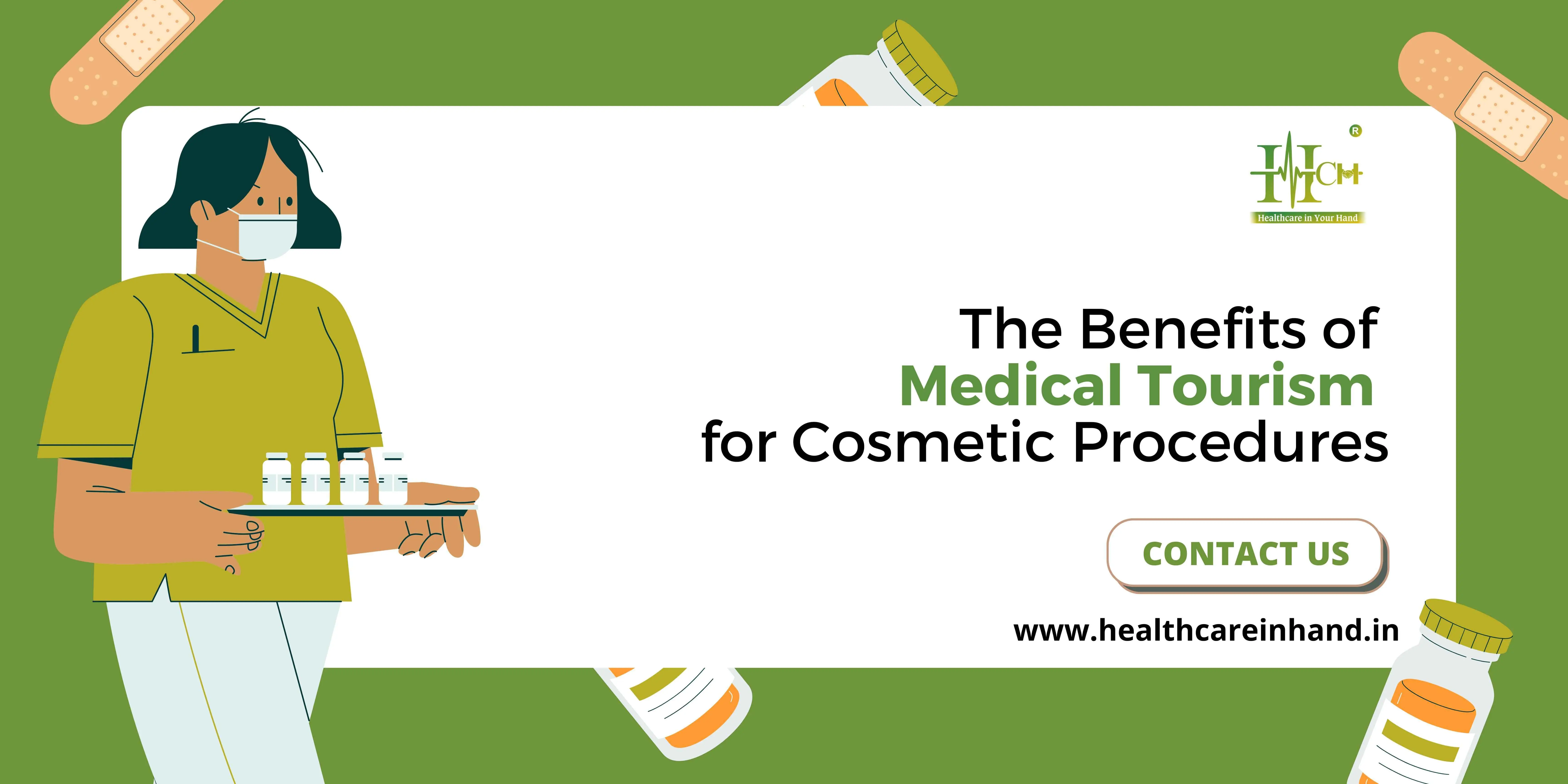Ways To Keep Your Heart Healthy
- 04 Apr, 2023
- 300
- Medical tourism
Your
heart is situated in the center of your chest, behind and slightly to the left
of your breastbone, between your lungs. There are four chambers in your heart. The left and right ventricles are the lower chambers, and the left and right atria
are the upper chambers. There are Four valves in your heart that regulate blood
flow. Between the right atrium and right ventricle, the tricuspid valve
controls blood flow. The pulmonary valve regulates blood flow from the right
ventricle into the pulmonary arteries, which transport blood to your lungs to
take in oxygen. The left atrium and left ventricle are connected by the mitral
valve, which allows oxygen-rich blood from your lungs to pass through. The
largest artery in your body, the aorta, receives oxygen-rich blood from the
left ventricle through the aortic valve. Your heart contracts as a result of
electrical impulses traveling through the myocardium, the heart muscle.
Further,
Your cardiovascular system is made up of your heart and circulatory system.
Blood is pumped from your heart to your body's organs, tissues, and cells.
Every cell receives oxygen and nutrients from the blood, which also eliminates
waste products and carbon dioxide produced by the cells. An intricate system of arteries,
arterioles, and capillaries transports blood from the heart to the rest of your
body. Veins and venules transport blood back to the heart
A
condition of the heart or blood vessels is referred to generally as cardiovascular disease (CVD). Blood clot (thrombosis) buildup of fatty deposits
within an artery, causing the artery to harden(Atherosclerosis) and constrict
Blood flow to the heart, brain, or body. The majority of deaths worldwide are
due to cardiovascular disorders. brain strokes and heart failure account for 25
to 30 percent of India's mortality. Numerous lifestyle factors affect how
healthy our hearts are. Strokes, heart attacks, embolisms, and coronary heart
disease can be brought on by terrible dietary choices, unhealthy lifestyle
choices, and subpar mental health care.
You
can ensure your cardiac health by making little lifestyle modifications. As you
get older, seeing a cardiologist once a year for a periodic assessment is
essential. It is crucial to perform routine cardiac screenings to see how
healthy it is. Lipid profile, ECG, ECHO, 2D Echo, BP, Holtar, etc. are some of
the techniques to check heart function.
Listed
below are a few heart-healthy practices that have been supported by science.
1-
Optimal dietary choices
By
preventing weight gain and lowering your risk of coronary heart disease,
diabetes, and high blood pressure, a balanced diet can help lower your risk of
getting these conditions. A healthy food habit helps in lowering your
cholesterol level. Following are some ways to keep your diet on healthier.
a)
No cholesterol:
Reduce your cholesterol by avoiding processed foods and eating natural,
healthful fruits and vegetables.
b)
Check Your Cooking Oil: Stop using processed oils. Change to mustard, olive, peanut,
sesame, or olive oil.
c)
Add Fibre: Consume
more fiber-rich foods, such as oats, raw fruits and vegetables, and other foods
to help your heart.
d)
Reduce Salt intake:
Salt is known to raise blood pressure. Use herbs and spices to flavor your
food instead of consuming less of it.
e)
Include fish:
fish is the healthiest meat substitute for chicken and red meat, It is also a good
source of antioxidants.
f)
Eat more oats: Oats
are high in protein and fiber. Hence good for the heart to function better.
g)
Consume chocolate:
Enjoy a small amount of dark chocolate. It will contain more antioxidants and
be better for your heart if it is darker.
h)
Walnuts: The
richest source of antioxidants, which help prevent heart problems, is walnuts.
To keep healthy, consume a few.
i)
Don't skip breakfast: Breakfast is the most crucial meal of the day. A good breakfast
each day gives you energy throughout the day and aids in maintaining healthy
body weight.
2-
Remove Stress
No
matter the source of the stress—a tense marriage, a protracted commute, or a
demanding job—constant stress can have an impact on the body physiologically.
Numerous health difficulties have been linked to it, including heart disease,
mood, sleep, and hunger disorders. Try the following methods to minimize Stress.
a)
Get enough sleep: The
foundation of good physical health is mental well-being. In order to have a
full night's sleep of at least 7 hours per night, which manages heart health,
managing stress levels is crucial.
b)
Socialize: An
active social life helps lower the chance of developing heart disease. Meet up
frequently with relatives and friends.
c)
Drink Responsibly: Reduce
your alcohol consumption, and steer clear of binge drinking periods. To have a
joyful heart, choose wine over alcoholic beverages.
d)
Pet therapy:
Owning a pet lowers stress. If dogs aren't your thing, try gardening or
volunteer work for a cause.
e)
Quit Smoking:
Cigarette smoke contains chemicals that cause the cells lining blood arteries
to swell and become irritated, increasing the risk for CVD.
f)
Intimacy with your partner: A number of advantages of intimate action with your
partner include maintaining heart health. It assists in lowering blood
pressure, stress, and the risk of heart-related illnesses.
g)
Engage in yoga and meditation: Mind-body therapies like yoga and meditation have been
shown to have a significant and profound effect on our physical and mental
health.
3-
Workouts and Staying Active
The heart has
been demonstrated to benefit from exercise. Exercise temporarily raises blood
pressure and cardiac output, but people who have adapted to exercise have lower
resting heart rates and lessened cardiac hypertrophy.
a)
Exercise regularly:
Activities such as aerobics, Zumba, yoga, swimming, brisk walking, jogging, and
taekwondo raise heart rates, which maintains the system's health.
b)
Wight Maintenance: High
blood pressure and elevated cholesterol levels are frequently brought on by
excess body Fat. If you're on the overweight side, lose some weight to reach
the recommended weight for your height and age.
c)
Physical activity:
Regular exercise lowers heart rate at rest. While the body is engaged in
physical activities that strengthen the lungs, it increases heart rate. Even if
there isn't much time left, going for a short evening walk could still be
useful.
d)
Stretching: Exercises
that stretch the muscles help to lower stress levels, which in turn promote
heart health.
e)
Stay Active: Adopt
some wholesome routines to keep yourself active and involved, such as Instead
of using the elevator, take the stairs: A great cardio exercise is to go up and
down stairs. Keeping your body moving while carrying out other chores is a good
strategy.
The
majority of cardiovascular disorders are multifactorial. People can manage
their heart health more effectively by identifying genetic risk factors for
CVDs. Genetic testing provides a wealth
of information about your risk for various cardiac illnesses and, in turn, aids
in the creation of an action plan for your well-being. Knowing your healthy
blood pressure, cholesterol, and blood sugar levels for your gender and age not
only enables you to stay healthy but also to seek assistance when needed.

